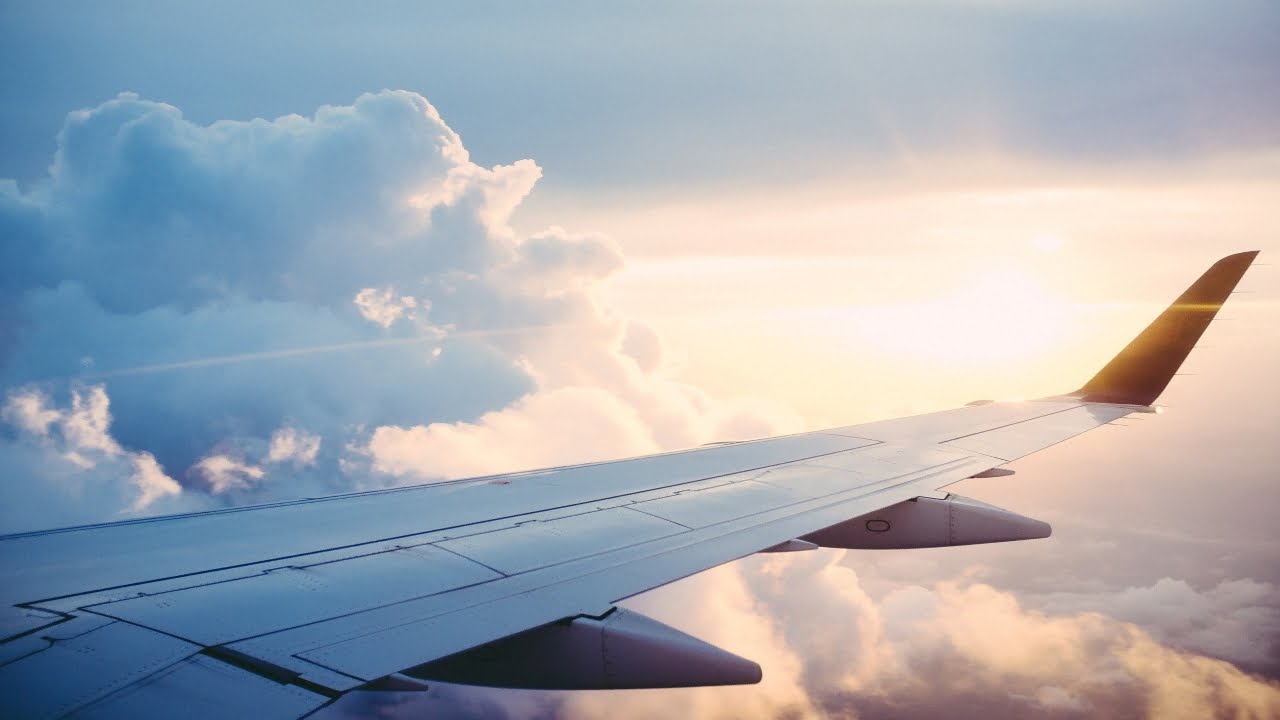As coronavirus symptoms can take up to 14 days to appear, most individuals travelling from abroad must self-isolate for 14 days on arrival in the UK unless they are travelling from a country or territory within a travel corridor, a common travel area, or a British overseas territory.
It has become clear in the past few months that the Government may change the countries on the travel corridor list at short notice as second waves of the virus hit Europe and other countries, forcing those on holiday to have to self-isolate on their return to the UK.
Last week, the Government published much needed guidance for workers and employers on self-isolating after returning to the UK. The guidance states that, where possible, employees should work from home during their self-isolation period and if this is not possible, they can agree with their employer to take annual leave to cover the period of self-isolation providing they have enough leave remaining. Employees are encouraged to speak with their employer about working from home before they travel. However, if the employee is travelling in a country or territory when a quarantine is announced, the guidance states that employees should speak to their employers as soon as possible to discuss options.
The guidance reminds employers that employees may be able to take unpaid leave if they are forced to travel to deal with an emergency involving certain family members or dependents, for example, a spouse, partner, child, grandchild, parent or someone who depends on the employee for care, and warns against dismissing an employee because they cannot work due to having to self-isolate.
It emphasises that employers who dismiss an employee because they have had to self-isolate following travel abroad may be liable for unfair dismissal if the employee has 2 years’ service and confirms that a Tribunal will consider all the relevant factors around a dismissal including public health guidance in relation to the coronavirus.
Comment
Although the guidance sets out a useful framework for employers to follow, it unhelpfully does not address whether employees required to self-isolate will be entitled to any pay if they cannot work from home. As there is no guidance or legislation on this point, the position is unclear. Arguably if an employee cannot work, the implied right to be paid would not apply.
However, where an employee is subject to a restriction such as self-isolation, it is arguable that their ability to work is not affected. It could be argued following the case of North West Anglia NHS Foundation Trust v Gregg [2019] that any deduction of pay would be unlawful as their inability to work is involuntary and due to an external and unavoidable impediment.
Whether the period of isolation will be covered by statutory sick pay is also a question up for debate.
If you would like to discuss the guidance or would like advice on whether employees who are unable to work from home during their self-isolation period are entitled to be paid, please contact any member of the team.

